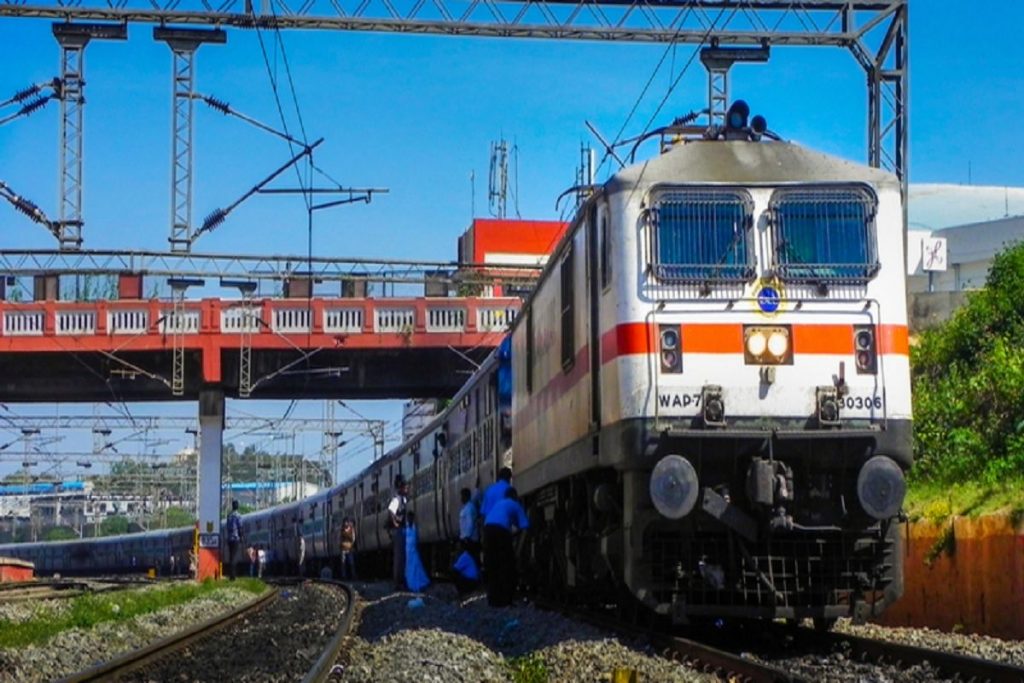New Delhi: Will the anti-collision system Kavach function efficiently when a train is running at a speed of 140 kmph?
To find the answer, the Indian Railways conducted a trial by running an engine fitted with Kavach at 140 kmph for the first time between Mathura and Palwal December 30.
Earlier, such trials were done at a speed of 130 kmph at different places before introducing the system in three sections in South Central Railway.
“The result (of the latest trial) has been extremely encouraging. We will analyse the report in detail with the Research Design and Standards Organisation (RDSO) and other stakeholders to see if there are areas of concern to work upon and make improvements,” Prashasti Srivastava, PRO, Agra Division, said.
The Kavach system can apply brakes automatically in case of any emergency when the driver fails to act.
According to railway sources, more trials might be needed to work on checking the efficiency of the system. “Besides, if all the parameters of the system are working fine at 140 kmph, we will conduct a trial at higher speeds of up to 160 kmph,” the official added.
The Agra Division under the North Central Railway zone made a special arrangement for the trial on the request of RDSO, which has developed Kavach for its implementation across rail networks in the country.
“We have developed a complete Kavach network on the 80-km stretch between Mathura (excluding the station) and Palwal. This involves the placement of RFID tags on railway tracks in station areas and other places. Installation of stationary Kavach unit at several places such as stations and installation of tower and antenna along the tracks were also essential components of this anti-train collision system,” Srivastava added.
According to RDSO officials, across all rail networks in India, a 125-km stretch in three parts between Delhi and Agra is the only place where trains can run at a maximum speed of 160 kmph.
The special track was laid here for India’s first semi-high speed train, Gatimaan Express, which was launched on this route in April 2016. It is India’s first train which runs at 160 kmph.
According to the railways, Kavach system is already functional in three sections on 1,465 route km and 139 locomotives in South Central Railway. However, the trial cannot be done on that route because of speed restrictions.
“Except this Delhi-Agra stretch, trains run at a maximum speed of 130 kmph across all rail networks in India,” a railway official said.
He added, “The success of Kavach system at the speed of 130 kmph is well-established but as the Indian Railways is introducing semi-high speed trains such as Vande Bharat which can run at 160 kmph, it is essential to test the efficiency of this system at the speed above 130 kmph.”
Kavach is an automatic train protection system for enhancing safety of running trains. It has been developed indigenously by the Research Design and Standards Organisation (RDSO) in association with three Indian vendors.
Kavach not only helps loco pilots to avoid signal passing at danger and over-speeding but also helps in train running during inclement weather such as dense fog, leading to enhanced safety and efficiency of train operations.
Some features of the system are controlling speed of trains by automatic application of brakes in case the loco pilot fails to apply the brakes and repeating line-side signals in the cab which is very useful for higher speeds.
PTI
